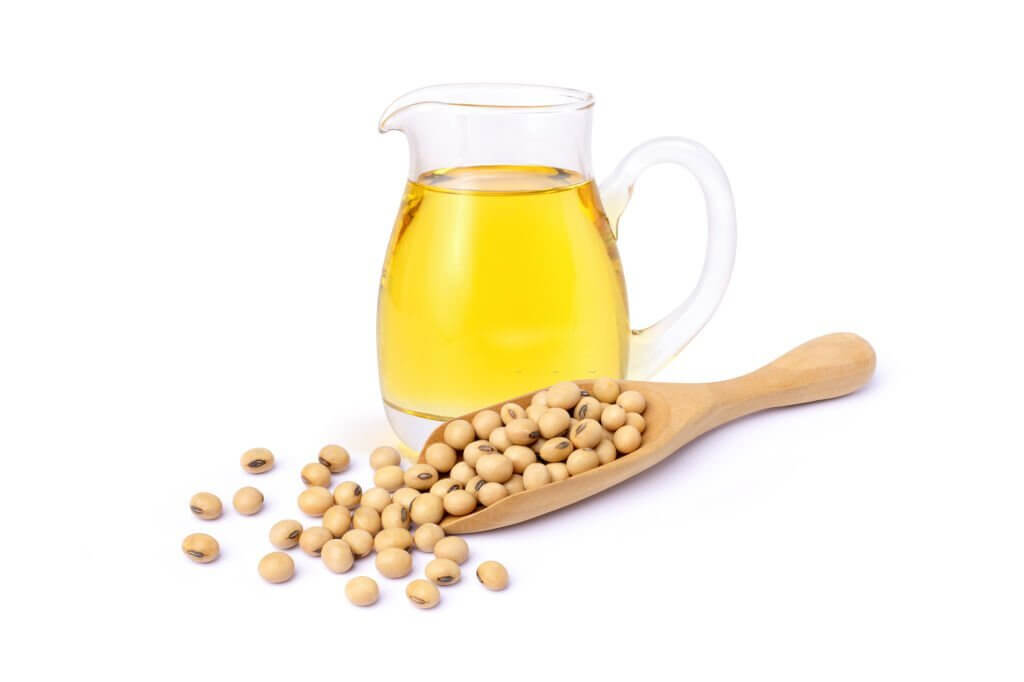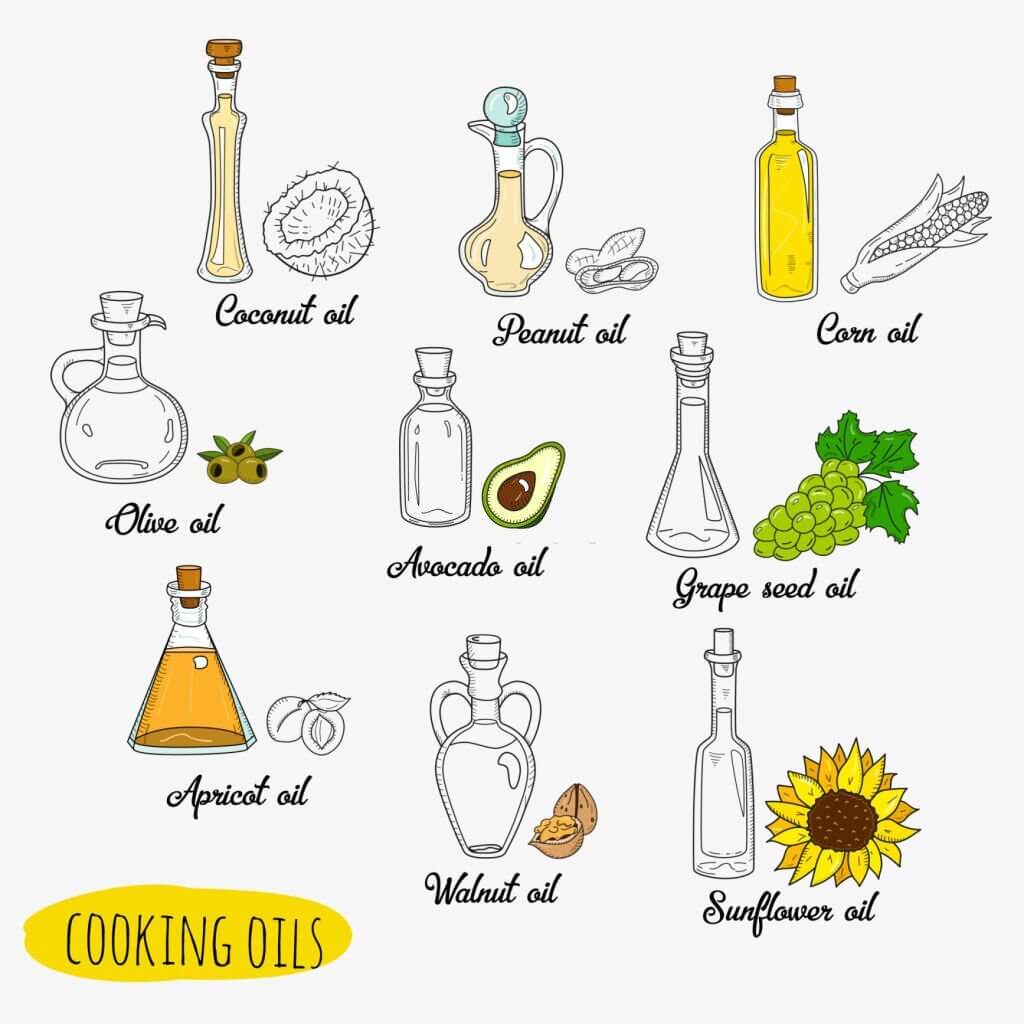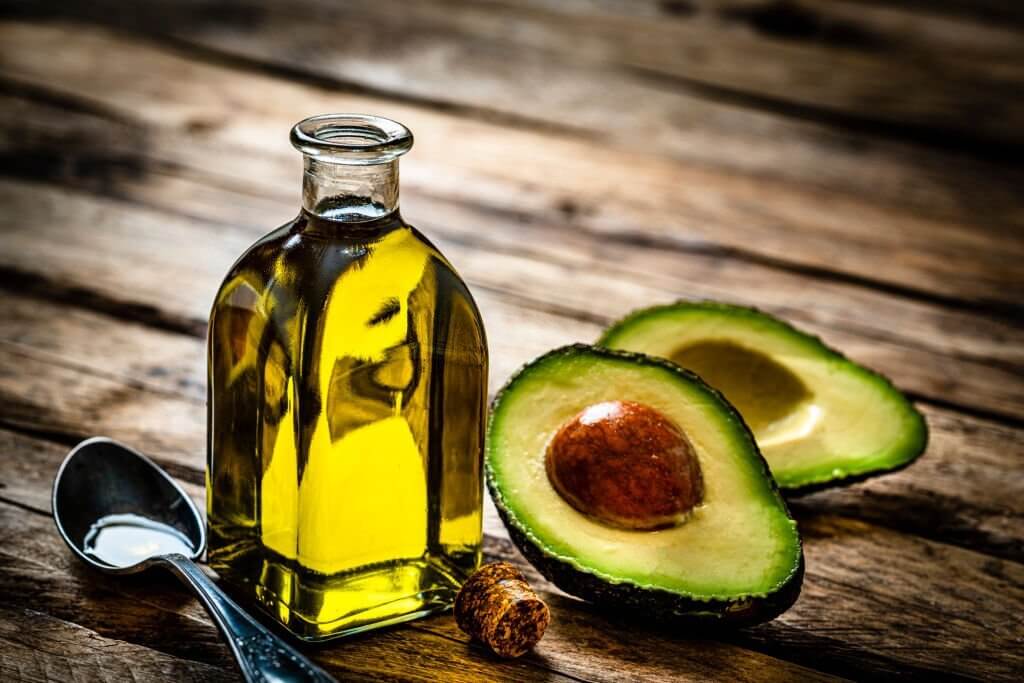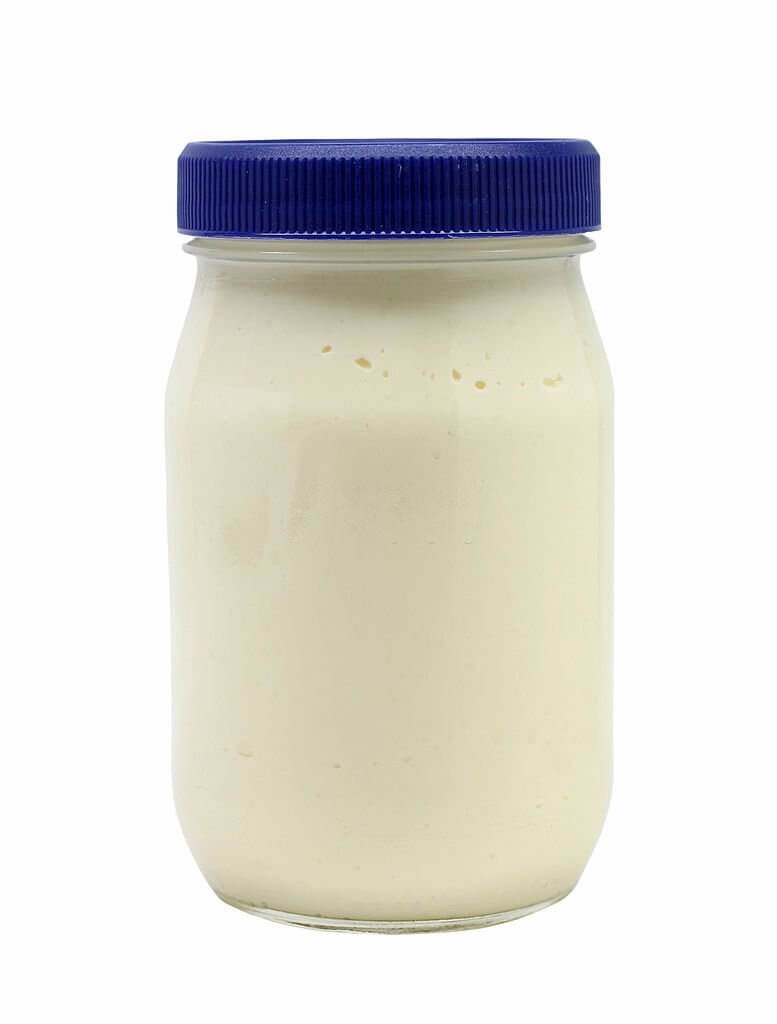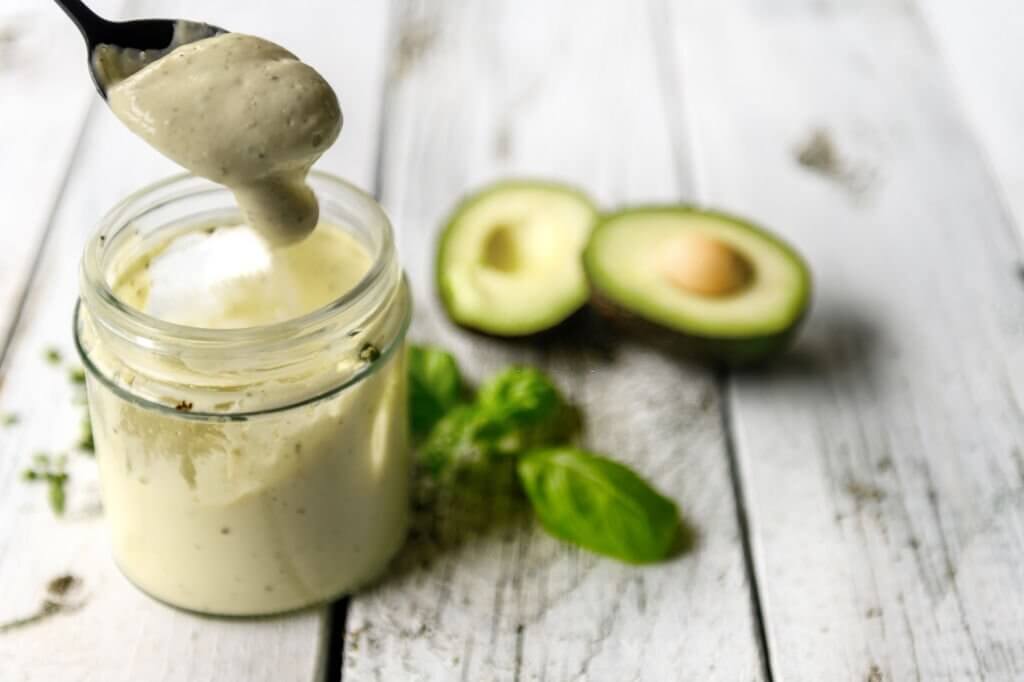Finding mayonnaise without soybean oil can be a perplexing task for those with soy allergies or who want to avoid soy-based products. However, various substitutes can provide a healthier and tastier alternative. From avocado to olive oil, there are many options to explore and discover a new twist on this classic condiment.
What Is Mayonnaise?
Mayonnaise is a versatile condiment that has been a staple in many cuisines for centuries. It is a thick, creamy sauce made from oil, egg yolks, vinegar, or lemon juice. The emulsification process of these ingredients creates a smooth and homogeneous texture that can be flavored with various seasonings, such as mustard, garlic, or paprika.
While it is commonly used as a sandwich spread, it can also be used as a base for dressings, dips, and sauces. Mayonnaise has evolved, and numerous variations are available, including low-fat or vegan options. Despite its simplicity, creating the perfect mayonnaise can be a delicate process that requires skill and patience.
Why Is Soybean Oil Used In Mayonnaise?
Due to its neutral flavor and high-fat content, soybean oil is a common ingredient in mayonnaise. As a highly refined oil, it has a high smoke point, which means it can withstand high temperatures without breaking down or burning. This makes it an ideal choice for emulsifying with egg yolks and vinegar or lemon juice to create the creamy and smooth texture that is characteristic of mayonnaise.
In addition to its functional properties, soybean oil is a relatively inexpensive ingredient, making it a popular choice for commercial mayonnaise production. However, as more consumers become aware of potential health risks associated with soy consumption, they may seek alternatives to soy-based products.
This has led to mayonnaise made with alternative oils, such as avocado or olive oil. While these variations may differ in taste and texture, they provide a healthier option for those who want to avoid soy-based products.
Healthier Alternatives To Soybean Oil In Mayonnaise
If you are concerned about the health risks of soybean oil, there are several alternatives that you can use to make your mayonnaise at home. Consider a few of these top picks:
Avocado Oil
Avocado oil is a popular alternative to soybean oil due to its neutral flavor and high smoke point. It is also high in heart-healthy monounsaturated fats, which can help lower cholesterol and improve heart health.
Olive Oil
Olive oil is another popular choice for making mayonnaise without soybean oil. It is high in monounsaturated fats and antioxidants, which can help improve heart health and reduce inflammation.
Coconut Oil
Coconut oil is a popular choice for those who follow a Paleo or vegan diet, as it is high in healthy fats and contains no animal products. However, it has an intense coconut flavor that may only be ideal for some recipes.
What Is The Healthiest Mayonnaise To Use?
Determining the healthiest mayonnaise can be a complex and challenging task as it depends on various factors such as individual dietary needs, preferences, and the nutritional content of the mayonnaise.
One factor to consider is the type of oil used as a base in the mayonnaise. Avocado and olive oil are popular alternatives to soybean oil due to their high monounsaturated and polyunsaturated fat content, which can help lower cholesterol levels and reduce the risk of heart disease.
Another important consideration is the presence of additives or preservatives in the mayonnaise. Look for brands that use natural and simple ingredients to avoid potential health risks associated with consuming synthetic additives.
It’s also important to pay attention to serving sizes, and calorie counts, as mayonnaise can be high in calories and fat. Opting for a low-fat or light version of mayonnaise can be an excellent way to reduce calorie intake without sacrificing taste.
Is Mayonnaise Made With Soybean Oil Healthy?
On the one hand, soybean oil is a rich source of polyunsaturated fatty acids, is considered healthy, and can help reduce the risk of heart disease. Additionally, soybean oil is high in vitamin E, an important antioxidant that can help protect against cellular damage.
However, there is growing concern about soy-based products’ potential adverse health effects. Some studies suggest that consuming large amounts of soybean oil may contribute to inflammation, increasing the risk of chronic diseases such as diabetes, obesity, and cancer. Furthermore, soy is a common allergen; some people may experience adverse reactions when consuming soybean oil products.
Does Avocado Mayo Have Soybean Oil?
Avocado mayo is a popular alternative to traditional mayonnaise, especially for those who want to avoid soy-based products. One of the main reasons for this is that avocado mayo does not contain soybean oil. Instead, it is typically made with avocado oil as the base, a healthy alternative to soybean oil.
Avocado oil is a rich source of monounsaturated fatty acids, which can help reduce inflammation and lower cholesterol levels. It also contains high levels of vitamin E, an important antioxidant that can help protect against cellular damage. Avocado oil is also a good source of oleic acid, a monounsaturated fatty acid known to have numerous health benefits, including improving insulin sensitivity and reducing the risk of heart disease.
In addition to its health benefits, avocado oil has a mild and pleasant flavor that works well in mayonnaise. Avocado mayo is typically made by blending avocado oil with egg yolks, lemon juice, and other ingredients to create a creamy and flavorful spread that can be used in various dishes.
Avocado Mayo Or Mayo Made With Olive Oil?
The question of which is healthier between avocado and olive oil mayo is complex. Both avocado and olive oil are considered healthy fats with numerous health benefits. Avocado oil is a rich source of monounsaturated fatty acids, which can help reduce inflammation and lower cholesterol levels. Monounsaturated fatty acids are also found in abundance in olive oil. It has been associated with a lower risk of cardiovascular disease, stroke, and various cancers.
Regarding nutrition, avocado mayo, and olive oil mayo are relatively similar. Both options are typically made with minimal ingredients. They contain healthy fats, making them a good choice for those seeking a healthy alternative to traditional mayonnaise. However, there may be variations in the specific nutritional profiles of different brands of avocado and olive oil mayo. So, it’s essential to read the labels carefully to ensure you choose a healthy and nutritious option.
Regarding taste and texture, avocado mayo and olive oil mayo can vary. Avocado mayo has a mild and sweet flavor that works well in various dishes. In contrast, olive oil mayo has a more pronounced flavor that may need to be better suited for specific recipes. Ultimately, the choice between avocado mayo and olive oil mayo comes down to personal preference and dietary needs.
Conclusion
Mayonnaise without soybean oil is a healthier alternative for those looking to avoid soy-based products. They can reap the benefits of other beneficial oils. You can use oils such as avocado or olive oil as a base. This mayonnaise offers rich monounsaturated fatty acids and other essential nutrients that can improve overall health and well-being.


